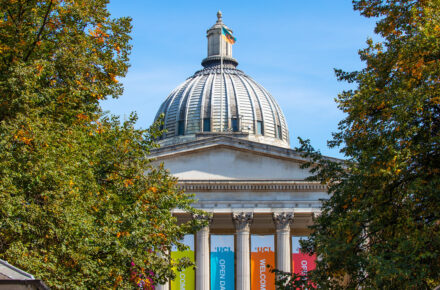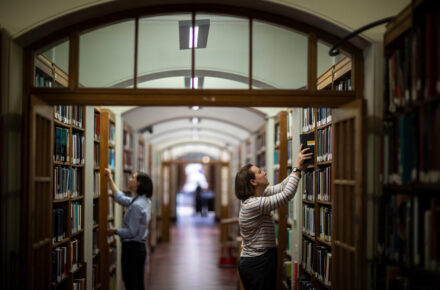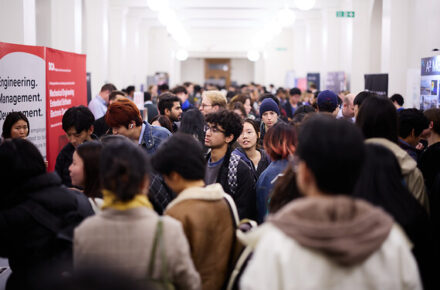By Rusheen Bansal
On 7th January 2021, UCL issued a formal statement of apology regarding their role in the “development, propagation and legitimisation of eugenics.” They admitted the blatant contradiction of the subject of eugenics with their values of “equality, openness and humanity” along with the delay of their acknowledgement and implementation of appropriate actions against the propagation of eugenics. This included the renaming of buildings and spaces named after eugenicists, along with recognising and educating students and staff about UCL’s involvement with the subject.
The apology comes at a time where systemic racial inequalities are being recognised around the world – prominently in the United States, where the death of George Floyd and Breonna Taylor kickstarted masses of protests and widespread acknowledgement of white privilege. However, this instigates a key question: why was this apology not released three years ago when UCL launched an investigation into its links with eugenics?
Was it because race was not at the forefront of the global political climate like it is now? Or could it be that UCL was waiting for the results of the inquiry, whose recommendations were deemed inadequate by multiple UCL professors, before making a public statement? There is no doubt that 2020 ignited a global dialogue about race relations as they exist today. Many in the UCL student body have been vocal about implementing changes in their department, like petitioning to ‘decolonise’ the curriculum in departments in the Faculty of Arts and Humanities, by including texts from postcolonial and ethnically diverse scholars.
Soon after the public apology, UCL launched its “Let’s Talk About Race” campaign to foster open conversation and provide resources to staff and students regarding racial harassment/abuse. Moreover, they pledged to commit more resources towards the disabled community, bridge the BME Awarding gap and institute the ‘Sarah Parker Remond Centre for the study of Racism and Racialisation’. These provisions are an important stepping stone in effectuating the sentiments expressed in the apology.
As an international student of colour, I gravitated towards UCL because of the diverse student body and apparent inclusivity, as it is located in one of the most global cities in the world. Diversity meant acceptance, which meant equal access to opportunity. Having only discovered its links with eugenics through a research project for one of my modules, I was appalled at the lack of action taken by the university to acknowledge its past and ensure an equitable future. Given that UCL has never appointed a female or BAME Provost, I hope that this is the beginning of their trajectory towards equality.








